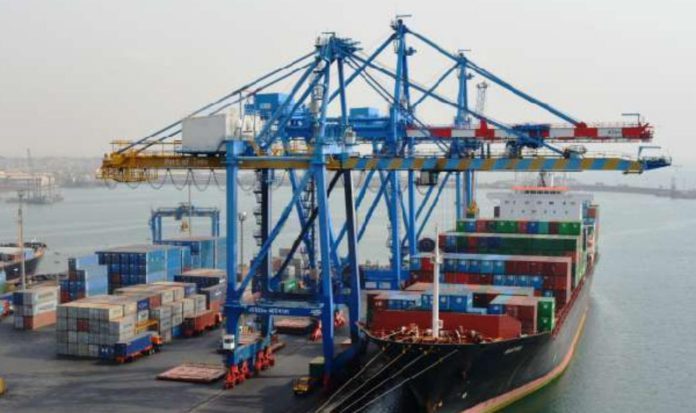Ghana is likely to face a significant shortage of some essential drugs by the end of June.
This is according to the Ghana Medical Association (GMA), which has indicated that some facilities are already relying on others for important medications.
This comes after the Global Fund issued a final warning to Ghana demanding immediate clearance of tuberculosis (TB) and malaria medications that arrived in the country last October.
According to the fund, despite assurances from the government, a portion of the shipments remain stuck at the port and can expire.
In April, the Ghana Revenue Authority (GRA) announced it had secured the tax waivers to enable it to clear the drugs after months of delay.
However, demurrages and third-party charges are amounting to seven million cedis which must be paid.
Due to this debt, more than 118 containers are stuck at the port.
Samuel Hackman, from the Global Fund Coordinating Mechanism Secretariat, stated that it not only affects the $45 million worth of commodities but also strains Ghana’s relationship with the Global Fund.
GMA fears that the effect of this development will begin to bite soon.
Speaking on Newsnite, GMA General Secretary, Dr Richard Selormey explained that “Some places are experiencing a shortage.”
“But because there’s a few of them within the system, which the health directorates are beginning to or should I say mop up a few of them in some of the regions where there are a few to send… but within the end of this month, many places are going to begin to experience the shortage of these medications.”
“So it’s going to become a nationwide problem by the end of the month. Of course, we need to get the containers out and we don’t have to wait for a shortage before we even think about that.”
President of the Ghana HIV and AIDS Network, Ernest Amoabeng Ortsin has also highlighted the urgency of this issue.
“It is true that we have run out of stock for TB medications. It is also true that the Global Fund has indicated that it is going to cut ties with us as a country. When it comes to treatment for these two diseases, HIV and TB for example, if you are on medication and you stop, your body develops a resistance. So later on, when you go back to the medication, it doesn’t work. It will mean that you need to be taken unto a second line of medications which are even more expensive.”
“These are medicines that the government of Ghana is not even procuring. They are being given to us for free and yet we simply cannot take them from our port. It is baffling,” he said.

